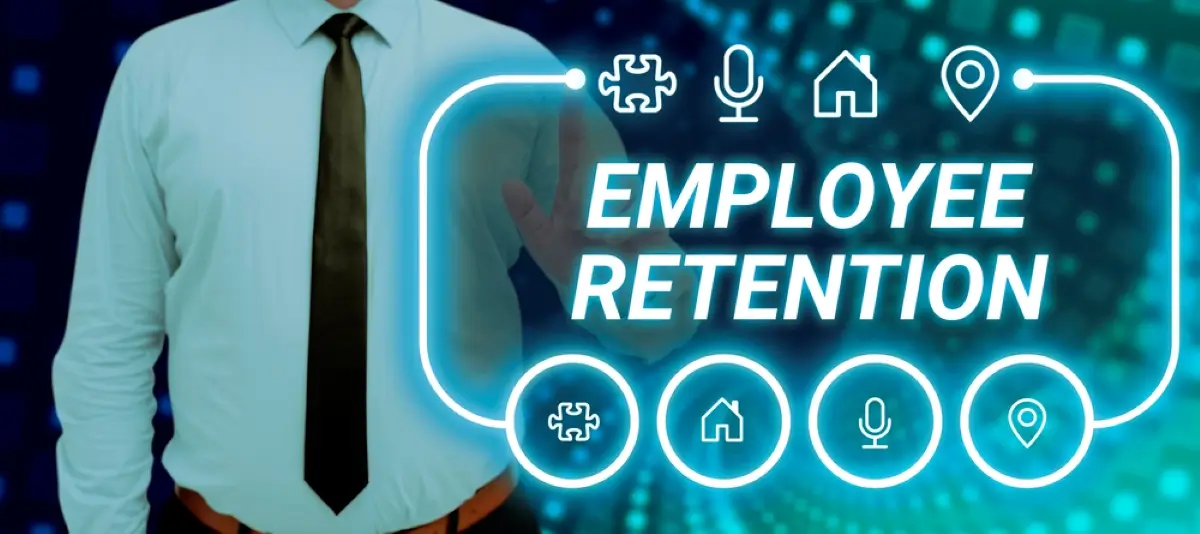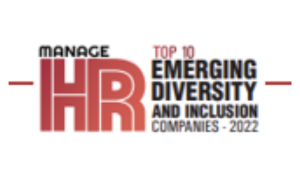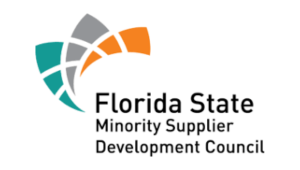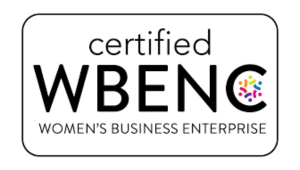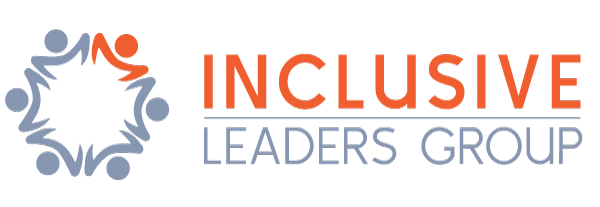Everyone in HR, Talent Management, and Diversity knows that the story of the Great Resignation is told through statistics: 4.3 million people quit their jobs in January 2022, with some employers seeing 30 percent attrition in competitive jobs. But employers don’t need these numbers to prove that diverse employee turnover is one of the greatest challenges facing organizations today.
Women, especially working mothers, employees of color, younger employees, both Millennials and Gen Z, and employees suffering from stress, burnout and other mental health challenges lead the exodus.
For underrepresented and marginalized employees, this kind of attrition has been an issue since well before the past few years of the pandemic and global examination of systemic racism. Often, this issue has persisted because organizations hire for diversity without developing effective plans for how to retain and advance those workers for the long term.
Why Employers Lose Diverse Talent
Employers lose diverse talent for the same reason they lose ALL talent with one HUGE addition. Here are five (5) key reasons companies lose diverse talent:
- Better compensation
- Better work-life balance
- Better career opportunities
- Better workplace culture
The one HUGE additional reason diverse talent leaves is when their employer doesn’t have a strong commitment to Diversity, Equity, and Inclusion (DEI) and a multi-year DEI strategic plan aligned with the overall business and people strategies.
7 Tips to Retain Diverse Talent
- CEO and Board Commitment to Diversity, Equity, and Inclusion
Nothing drives diverse talent to leave faster than an obvious lack of a formal commitment to diversity, equity, and inclusion at the CEO and board level to help drive ongoing commitment by the organization.
Effective communication of the CEO’s personal expectations throughout the organization is critically important. The most effective process for cultural change starts at the top. By looking at the behaviors encouraged (or discouraged) by top executives, employees gain the greatest sense of the company’s commitment to any strategic initiative. Our Gaining DEI Commitment from the Top checklist outlines what needs to occur.
- Assess the Current State of your Workplace DEI Culture
It’s impossible to know how to “Change What You Do” and “Do What You Do Better” without understanding where your culture stands now.
If you’re an HR leader, first recognize that your perception of your DEI culture may or may not align with the real, lived experiences of your diverse team members. Finding a way forward involves gathering real data from your company and measuring and tracking it over time.
Need help? We’ve got you covered. Check out our post, Why Perform a DEI Organizational Assessment in 2023. Want to learn about our Comprehensive DEI Assessment solution? Visit here and schedule a virtual consult with me or my team.
- Develop an Effective and Sustainable DEI Strategic Plan
The key is to prepare thoroughly and to move forward in the way most appropriate for your unique business strategy and workplace community. Taking the time to determine the scale and scope, vision and goals, timeline and process for your DEI Strategic Plan will help you develop the foundation, structure and steps needed to build organizational and cultural change that is not just surface-level, but deep and enduring. Not sure about the process to take, check out our 7 Key Steps Towards Your Diversity, Equity, and Inclusion Strategic Plan proven process. If your organization doesn’t have the experience and expertise internally, our Comprehensive DEI Strategic Roadmap Partnership may be just right for you.
- Introduce and Support Employee Resource Groups (ERGs)
Companies can offer support of diverse talent and reduce attrition by facilitating ERGs that connect employees seeking guidance with others of similar identities or backgrounds. Employee Resource Groups are voluntary, employee-led groups whose aim is to foster a diverse, inclusive workplace aligned with the organizations they serve.
They’re usually led and participated in by employees who share a characteristic, whether it’s gender, ethnicity, religious affiliation, lifestyle, or interest. The groups exist to provide support and help in personal or career development and to create a safe space where employees can bring their whole selves to the table. Allies may also be invited to join the ERG to support their colleagues. Download our FREE Employee Resource Groups Guide to learn how ERGs help provide leadership development for diverse talent while reducing turnover of diverse talent. Note: A DEI Strategic Plan aligned with your overall business strategy should be developed first with ERGs as an initiative, rather than introducing “affinity groups” or “diverse communities” which are not as effective for retention.
- Ensure Inclusive Talent Management
Inclusive talent management aligns talent management and diversity, equity, and inclusion. It recognizes each individual as having their own strengths and weaknesses and that everyone has potential to add value in their own unique way rather than fitting in with a pre-conceived notion of what talent should be.
In order to take an inclusive approach, organizations have to shift from performance-driven talent management to more learning-oriented talent management. They must also blend their diversity, equity, and inclusion strategy with their talent management strategy to create something of a hybrid. Taking an inclusive approach to talent management can have massive benefits to companies as it helps to create a more inclusive and motivating environment which offers additional career opportunities for progression to all employees having a positive effect on retention.
- Focusing on Workplace Allyship Can Boost Retention
Workplace allies can use a range of strategies to increase inclusion of those who are marginalized due to their race, ethnicity, gender, disability, age and/or LGBTQ+ status, according to a curated research report from Bentley University’s Gloria Larson Center for Women and Business. The authors reviewed more than 200 resources to compile the report.
Employees of organizations that foster strong allyship and inclusion cultures are 50% less likely to leave, 56% more likely to improve their performance, 75% less likely to take a sick day, and up to 167% more likely to rehttp://submissionGuid=0d1f1cfb-11c8-4438-b3b2-47428bdcee6dcommend their organizations as great places to work, according to the report.
The report suggested that allies avoid “performative allyship,” engage in “Brace Conversations” and amplify marginalized people’s voices, among other strategies.
- Develop Inclusive Leaders To Lead Diverse Teams
Bosses at all levels need to understand that their behaviors impact their team members’ sense of belonging. Train them to become aware of unconscious biases and develop the traits and competencies to fairly and equitably lead employees who are or may seem different.
Research shows that inclusive leaders excel in particular areas. They bring awareness and clarity to problem areas, they practice courageous accountability to help resolve those problems, they empower others, and they foster innovative collaboration to unlock the unique contributions of each person in a group.
This Inclusive Leadership Workshop is framed around the extensive research done by Deloitte on Inclusive Leadership competencies required for performance because of the diversity of markets, customers, ideas, and talent.
As CEO and Principal Consultant of Inclusive Leaders Group, LLC, Charlotte Hughes MS, CDP, SHRBP, CPLP brings a diverse background as an accomplished Workforce and Organizational Development and Diversity & Inclusion global thought leader and practitioner for several major Fortune 100 companies and one of the largest health systems in the U.S. Charlotte delivers more than 60 speeches and facilitates roughly the same number of training workshops each year.
Are you ready to explore the development of a DEI strategic plan to meet your business goals?


